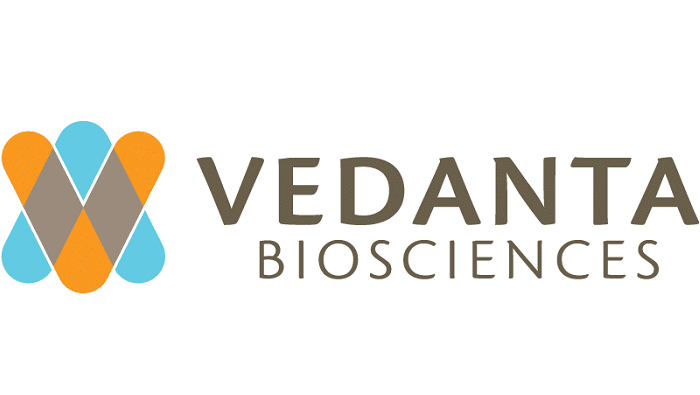PureTech Health plc, an advanced, clinical-stage biopharmaceutical company, announced that Vedanta Biosciences, an affiliate of PureTech Health, has expanded its international network of clinical, translational medicine collaborations. Vedanta Biosciences has initiated research with Leiden University Medical Center in the Netherlands and the University of South Alabama Mitchell Cancer Institute in the United States to analyse the gut microbiome in a variety of cancers – including melanoma and cancers of the head and neck, bladder, and kidneys – to aid in the development of novel immunotherapies.
Additionally, Vedanta Biosciences announced the expansion of its existing immuno-oncology collaboration with the NYU Langone Health and its Perlmutter Cancer Center. For the last year, Vedanta Biosciences has worked with NYU Langone on developing microbiome therapeutics for melanoma patients being treated with checkpoint inhibitors, and will now expand the collaboration to address bladder and lung cancers. Together, these collaborations are designed to generate clinical data to independently validate and build on Vedanta’s pipeline of microbiome therapeutics for cancer immunotherapy.
Vedanta Biosciences’ immuno-oncology programmes include lead product candidate, VE800, which the company previously announced has been shown in preclinical models to activate CD8+ T cells, a type of white blood cell that is the predominant effector in cancer immunotherapy. The tumour-fighting effects of checkpoint inhibitors were significantly amplified in these models when VE800 was combined with a variety of checkpoint inhibitors. The company anticipates filing an investigational new drug application (IND) for VE800 in 2018.
Joe Bolen, PhD, Chief Scientific Officer of PureTech Health (previously Chief Scientific Officer at both Millennium/Takeda and Moderna and Head of Oncology Research at Bristol-Myers Squibb) said: “Vedanta’s new and expanded clinical oncology alliances will provide important insights into the relationship between immunotherapy efficacy and microbiome-mediated immune system performance.”



















